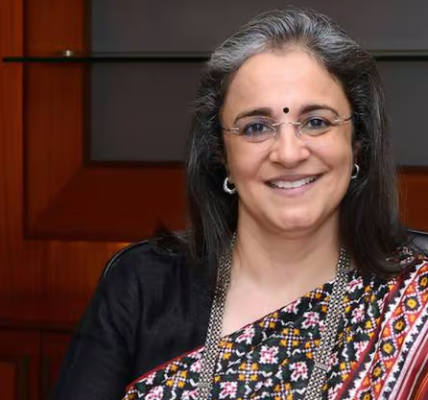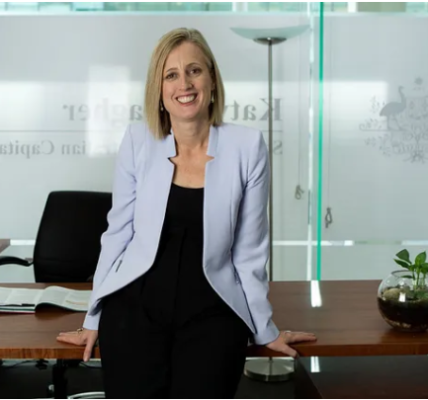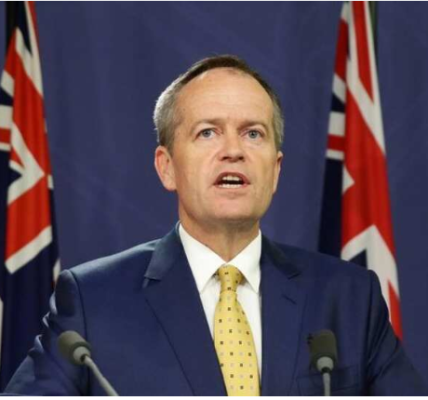Early Life and Education
Julia Eileen Gillard was born on 29 September 1961 in Barry, Wales. In 1966, her family migrated to Adelaide, South Australia, where she grew up and later became an Australian citizen. Battling childhood illness inspired her parents to seek a better climate, shaping her resilience from an early age.

She studied at Mitcham Demonstration School and Unley High School, later enrolling at the University of Adelaide. In 1982, she transferred to the University of Melbourne, where she earned a Bachelor of Laws and Bachelor of Arts. Gillard quickly became active in student politics, serving as President of the Australian Union of Students (1983–84)—a role that signaled her lifelong commitment to social justice and advocacy.
Legal and Union Career
After graduation, Gillard joined the Melbourne law firm Slater & Gordon, specializing in industrial law. By 1990, she became a partner—the youngest at the firm—and worked closely with trade unions to defend the rights of low-paid and vulnerable workers. This foundation in labor rights paved her way into public policy.
Entry into Politics
In 1996, Gillard became Chief of Staff to Victorian Labor Leader John Brumby. Two years later, she entered federal politics, winning the seat of Lalor (Victoria) for the Australian Labor Party in the 1998 federal election.
Her political rise was steady. From 2001 to 2007, she held shadow portfolios in population, immigration, health, and workplace relations, gaining recognition for her policy expertise and ability to navigate complex reforms.
Deputy Prime Minister (2007–2010)
Following Labor’s 2007 election victory, Gillard was appointed Deputy Prime Minister under Kevin Rudd. She became the first woman to hold the role, managing major portfolios including Education, Employment and Workplace Relations, and Social Inclusion.
During this period, she introduced significant reforms such as the Fair Work Act and the Building the Education Revolution program, modernizing school infrastructure nationwide.
Prime Minister of Australia (2010–2013)
On 24 June 2010, Julia Gillard became Australia’s 27th Prime Minister and the first woman to lead the country. She formed government after the 2010 federal election, which resulted in a hung parliament, by negotiating support from independents and the Greens.
Key Achievements as Prime Minister:
- Education Reform – Introduced the Gonski funding model for fairer school resources.
- Disability Rights – Oversaw the establishment of the National Disability Insurance Scheme (NDIS).
- Climate Action – Introduced carbon pricing to address climate change.
- Economic Leadership – Steered Australia through the aftershocks of the Global Financial Crisis with strong fiscal management.
Her 2012 “Misogyny Speech” in Parliament became a global symbol against sexism, further cementing her reputation as a trailblazer for women in leadership.
Leadership Challenges and Retirement
Gillard’s leadership was marked by ongoing internal party rivalry with Kevin Rudd. After surviving earlier challenges, she was defeated in a leadership ballot in June 2013, after which she stepped down and announced her retirement from politics.
Post-Political Career
Julia Gillard transitioned into global leadership and advocacy roles, becoming a respected figure in education, mental health, and gender equality.
Major Roles After Politics:
- Chair, Global Partnership for Education (2014–2021)
- Chair, Beyond Blue (2017–2023)
- Chair, Wellcome Trust (2021–present)
- Inaugural Chair, Global Institute for Women’s Leadership at King’s College London
- Leader of South Australia’s Royal Commission into Early Childhood Education and Care (2022–2023)
She has also authored influential books, including her memoir My Story (2014), Women and Leadership (2020, co-authored with Ngozi Okonjo-Iweala), and Not Now, Not Ever (2022).
Legacy and Impact
Julia Gillard’s legacy is defined by her historic leadership, landmark social reforms, and courage in confronting sexism in politics. Her achievements in education, disability inclusion, and climate policy continue to shape Australia’s national agenda. Globally, she is recognized as a voice for inclusive leadership, equity in education, and women’s empowerment.





